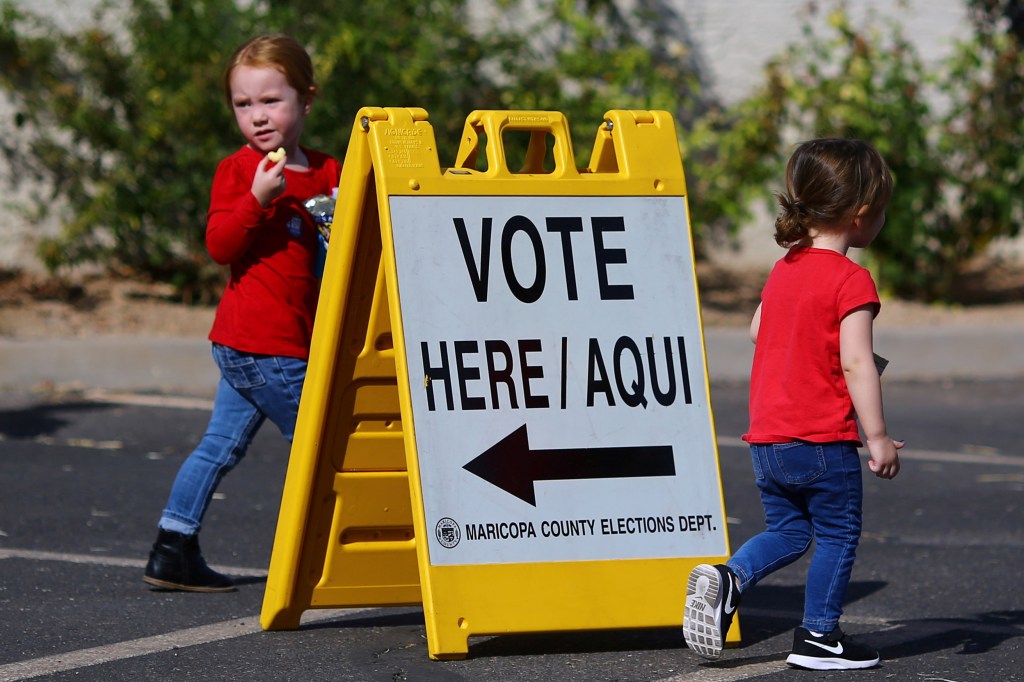In a 6-3 ruling, Supreme Court reversed lower court rulings on challenges to two voting restrictions in Arizona Thursday.
One rejects ballots cast in the wrong precinct. The other limits who can deliver ballots on someone else’s behalf to family, caregivers, mail carriers and elections officials.
An appellate court struck down the restrictions as racially discriminatory under the Voting Rights Act. However, they remained in effect during the 2020 Presidential election, while challenges were making their way through the courts.
Thursday’s ruling could make it more difficult to use the act to sue over new state laws which, in the name of election security, make it harder to vote.
In the majority opinion, Justice Samuel Alito wrote Arizona’s interest in the integrity of elections justified the measures. He also wrote that a state law isn’t illegal just because it disproportionately affects minority voters.
Justice Elena Kagan dissented, writing that the court is weakening the Voting Rights Act for the second time in eight years. The first time, the court took away a different provision of the Voting Rights Act. That one required the federal government or a federal court to clear states’ voting law changes before they could take effect. The provision had been the Department of Justice’s most effective tool for combatting discriminatory voting laws.
The latest chipping away at the Voting Rights Act may fuel new calls from Democrats to pass federal legislation that would counter those new state laws. Senators are working to find a compromise on a voting bill after the For the People Act stalled in the Senate. There also could be a greater push to expand the Supreme Court to 13 justices. Senator Ed Markey of Massachusetts, who introduced a court expansion bill, said Congress needs “to restore balance to our top court.”
Republicans are united in opposition to these legislative pushes, and Democrats would likely have to change filibuster rules in order get anything through.

